Before you know it, your precious bundle of joy is now ready to go to preschool. It is a huge step in their little lives and is also a huge step for you as a parent. As they step into a new phase full of new experiences, learning and development, they will have different emotions like anxiety, excitement and curiosity. Given how much toddlers love exploring their surroundings, preschool offers a safe place for them to expel all their energy into different activities while also meeting other children like them. Meeting other children the same age will also open a whole new door of communication, friendship and peer-to-peer learning for your little one. Each child is different and adapts to the change in their own way and own time. As a parent, you can help your child enjoy all the benefits of preschool by helping them with their transition from the home setting to a school environment. Here are some ways to do so.
Introduce the concept of school early
Try to introduce the concept of school in your daily life using different ways. Talk about a bunny that loves going to school and ask your baby whether they would like school. Talk about all the exciting things that the bunny does in school and tell them how all children love going to school. This will create some anticipation for school in your baby. Show your baby rhymes that incorporate school in them. When you go out, point out children going to school. This will make your baby feel excited and familiar with the idea that children go to school.
Plan short intervals in others’ care
One of the main reasons that children might find the transition—from the home atmosphere to a preschool— difficult is due to the separation anxiety they might experience. Try to leave your baby with other people once in a while and get them familiar with the idea of seeing you again. Never leave without telling your child as that will create a sense of panic in them. Communicate to your baby clearly how long you will be away and tell them that you will definitely be back to pick them up. Once they have many experiences of being without you for a short period and then see you again, they will feel confident that you will ultimately come back even if you leave them briefly. This confidence will help them adapt to preschool very quickly.
Meet with other children of same age
One of the many attractions of preschool is the opportunity to meet other children who are the same age. Make your child look forward to meeting other children by sharing ways in which they can interact and bond. Most children love playing with other kids and enjoy their company. Plan play dates in a common place where there will be no tiff over toys. This will, in turn, help your child look forward to preschool.
Don’t show your anxiety
If you are anxious about how your baby will take to preschool, which you will be especially if you are sending your first-born to school, first try to calm yourself down. Your baby is very adept at reading your non-verbal cues. It will make them also believe it is not a good idea to go to preschool which is the opposite of what you want. Make sure you do not show your anxiety about preschool in front of your toddler. If you are discussing it with your friends or relatives, do so when your little one isn’t around, as they may deduce the vibe with which you are talking about school and get confused.
Increase their time in school gradually
After all the ground work, when you do send them to preschool, you might be required to stay the entire time they are there for the first day or week depending on the school’s policy. If possible, after that, try to increase the time your baby stays at school very gradually. For example, if the school is for three hours, let your baby spend an hour at school for the first week and then gradually increase it to two hours. This is because your baby will get engrossed in the activities at school before which an hour will get over. They will experience the comfort of seeing you at the end of the hour which will give them the confidence to stay longer as they know you will come to pick them up.
Don’t linger longer than necessary
After all the preparation, when you finally leave your child in the classroom, don’t stay any longer than necessary. Say ‘Goodbye’ with a smile and reassure your little one that you will be back to pick them up. After that, don’t linger to see how they react and then try to reassure them some more. Transfer your baby to the caregiver in school and give them a chance to soothe your little one. The longer you stay, the longer their tantrum will prolong. So even if it is hard, say your goodbye and leave.
Ease your child’s fears
After a few days of school, talk to your baby on how they feel about school. If you baby says they do not like it, ask them why. Help them pay attention to the fun events that they experienced. Also, help your little one realize that it’s only for a few hours that they’ll be away, the post which they can share their daily experiences with the family. Once your child feels heard, they may choose to get comforted by your words. Do not dismiss their discomfort easily. Instead, hear them out and gently point out the brighter side to them. This channel of communication is vital for both of you because it will help you find out about any real issues in school. This is possible only if you make this effort to talk and listen to their thoughts on school.
Remember that every child is unique and will take their own time to adjust to change. Be there and hold their hand through it so that they become comfortable with trying out new things in their life. Preschool for kids is just the beginning of many new things to come for them. So enjoy this phase along with your baby.



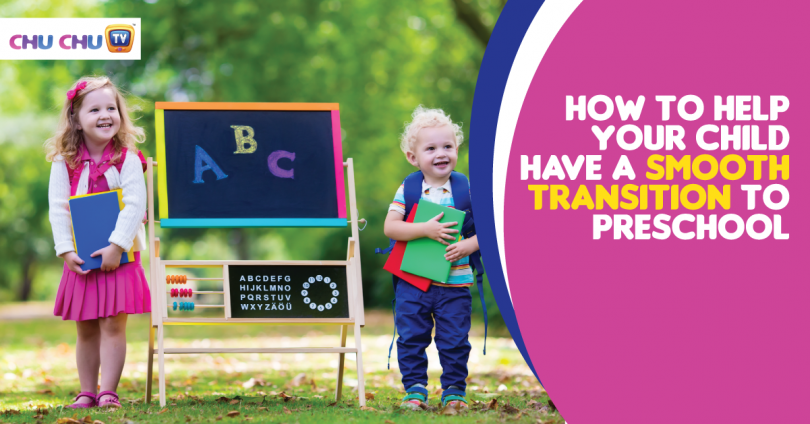


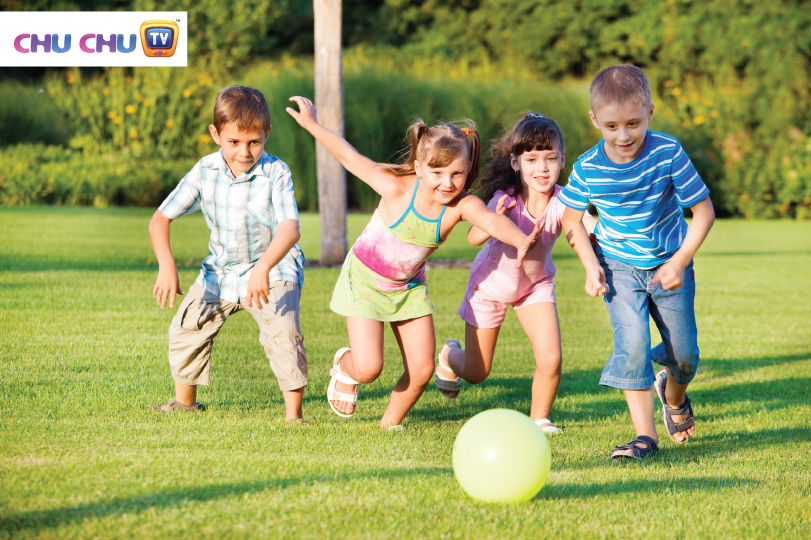

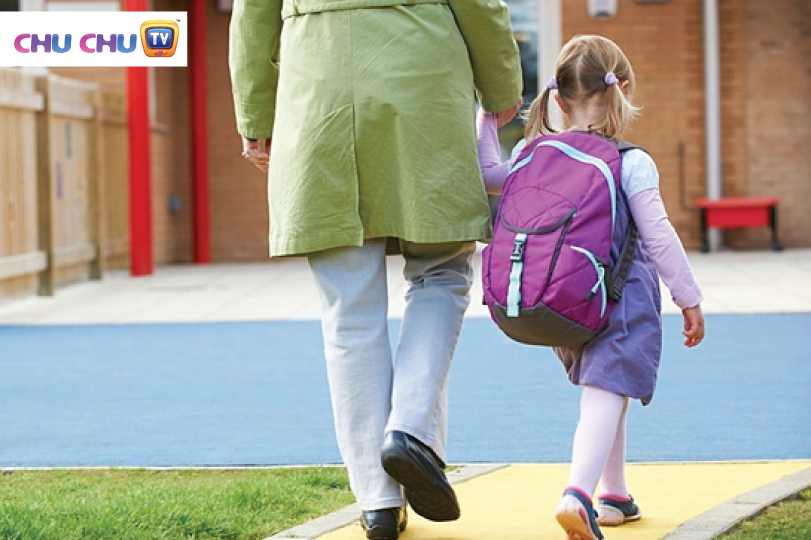
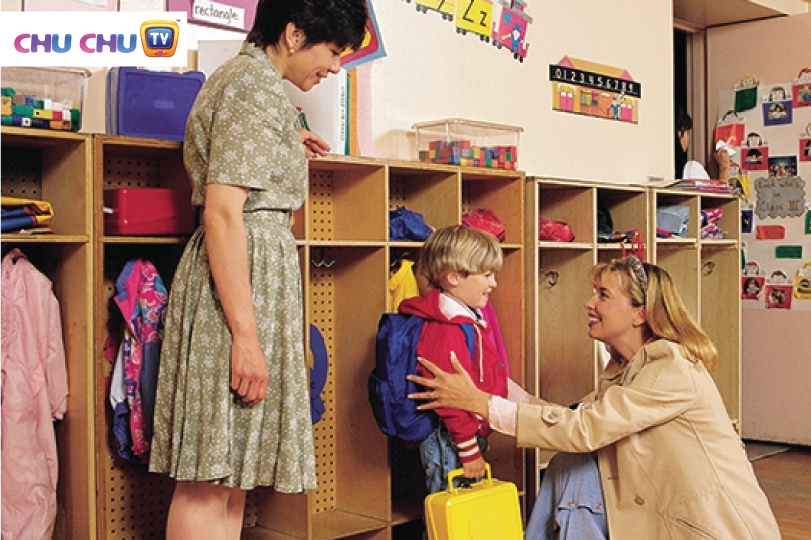
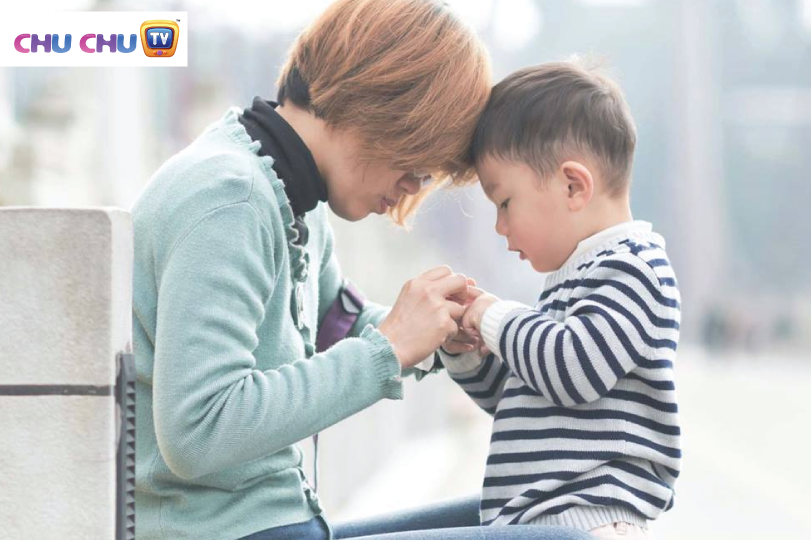






Your child’s friendships have their ups and downs, but you can help smooth the way with these seven tips for parents.
Of course, kids will still need parental help and guidance, but you probably won’t have to nag as much. Not only is it practical to teach these skills, but knowing how to get stuff done will help your child feel more competent and effective.
Talk with the teacher about your concerns, and work together on school-based strategies that could help your child make friends. See how others do it. Watching videos or reading books about friends and friendship can be a nonthreatening way to reinforce the positives of socializing.
I really love this,thanks